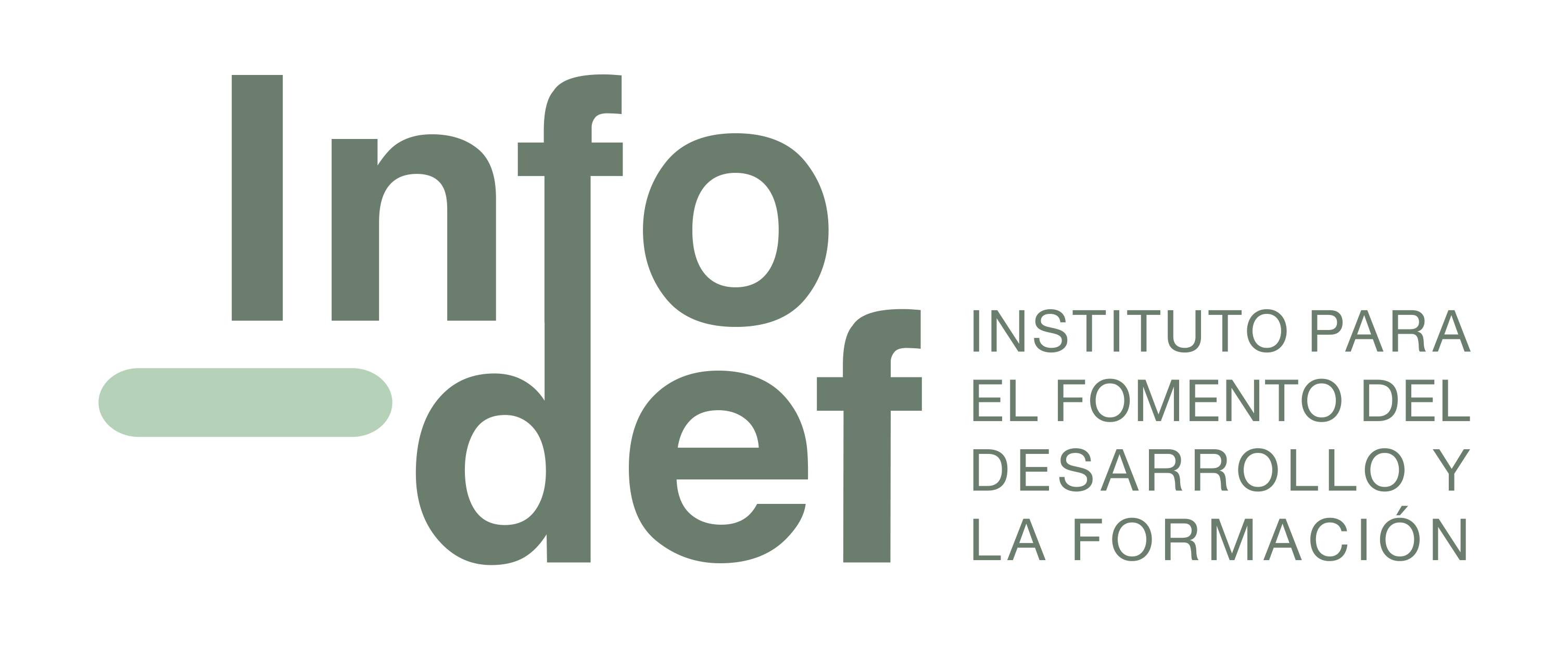Proyectos


Improving adult skills and civic engagement while valuing cultural and natural heritage
EU-Programme: Erasmus+, KA2 Adult
Coordination: OÜ Vestifex, Estonia
Duration: March 2024 – April 2026
Cultural heritage encompasses both tangible and intangible traditions, practices, artifacts, and expressions passed down through generations within a society. It includes historical buildings, art, literature, music, dance, and customs, as well as oral history and traditional knowledge. Cultural heritage is a key element in identity formation, community cohesion, education, and tourism.
It strengthens European unity by fostering shared values and empowering individuals in various ways. Firstly, it helps individuals, particularly those from marginalised communities, understand their cultural roots, enhancing their sense of belonging. Secondly, it enriches education by providing context and relevance to learning materials and supporting informal education through heritage-based training. Additionally, engaging with cultural heritage develops skills such as research, problem-solving, and creativity.
Cultural heritage also fosters community building by connecting people across different backgrounds and generations. It can be a driver for entrepreneurship, supporting economic growth through heritage-based products and services. Moreover, it can inspire social action by raising awareness of environmental and social issues.
Young people should be actively involved in the identification, preservation, and promotion of their cultural heritage to strengthen their sense of ownership and belonging within their local and European communities. Cultural heritage promotes openness and tolerance by fostering understanding between diverse cultures. However, if mismanaged, it can also reinforce exclusion and power imbalances.
The CivicHeritage project aims to empower vulnerable adults by promoting equal opportunities, civic participation, and social and professional inclusion. It particularly supports individuals with low qualifications, those unemployed, or in vulnerable situations, ensuring access to training and skill development opportunities.
Project Nº 2023-1-EE01-KA220-ADU-000150753
This project has been funded with support from the European Commission. This publication reflects the views only of the author, and the Commission cannot be held responsible for any use which may be made of the information contained therein.
